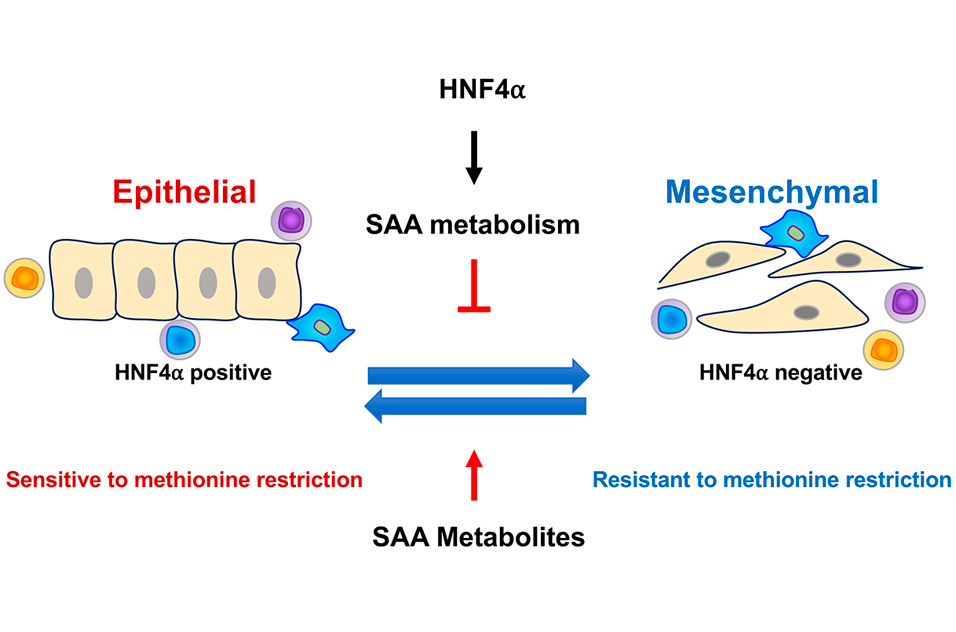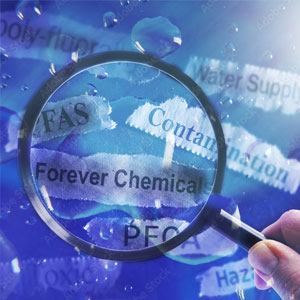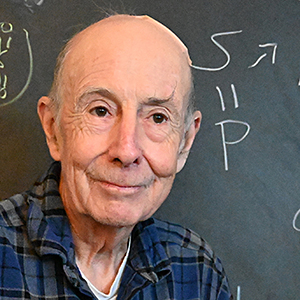 Xu believes the study may shed new light on the treatment of liver cancer. (Photo courtesy of Steve McCaw)
Xu believes the study may shed new light on the treatment of liver cancer. (Photo courtesy of Steve McCaw)Physicians can use any of several therapeutic compounds to suppress tumor growth and progression in cancer patients. Researchers are finding that restricting certain dietary nutrients can stifle cancer, too.
Qing Xu, a biologist in the NIEHS Metabolism, Genes, and Environment Group, is lead author on a paper, published Aug. 7 in Nature Communications. Xu and her co-authors reported that the removal of methionine — one of the essential amino acids, or building blocks, of proteins — from cell growth media inhibits tumor proliferation and metastasis in liver cancer cells.
The mechanism involves the master regulator of liver genes, called hepatocyte nuclear factor 4alpha (HNF4alpha), and methionine metabolism.
Dissecting cancer progression
Methionine contains sulfur and is found in meat, fish, and dairy products. The body breaks down half of all dietary methionine in the liver, a metabolic organ. The process is broadly known as sulfur amino acid (SAA) metabolism.
Xu said that the amount of key enzymes involved in SAA metabolism is reduced in human liver tumors, particularly hepatocellular carcinoma (HCC), the most common and deadly form of liver cancer. She said the team found that in liver cancer cells, SAA metabolism mediated by HNF4alpha determines their sensitivity to cell death from methionine restriction.
'The epithelial cells of the liver are highly specialized cells. They must change into unspecialized cells, called mesenchymal cells, for liver tumors to form,' Xu said. 'HNF4alpha normally inhibits this transformation, but when its levels drop, it cannot stop the progression of cancer.'
Benefitting from treatment
 Shats, with previous training in cancer biology and genomics, provided another perspective on the research. (Photo courtesy of Steve McCaw)
Shats, with previous training in cancer biology and genomics, provided another perspective on the research. (Photo courtesy of Steve McCaw)Igor Shats, Ph.D., a staff scientist in the same group, is a co-corresponding author of the paper. He explained that researchers call this cellular cancer transformation the epithelial-mesenchymal transition (EMT). Some liver cancer cell lines will have HNF4alpha, he said, while others will not.
“Patients with liver cancers that are HNF4alpha positive have the best chance of responding to methionine restriction, but those who don’t have HNF4alpha would not benefit at all,” Shats said.
Xiaoling Li, Ph.D., co-corresponding author and head of the research group, said the study established a link between HNF4alpha and SAA metabolism in liver cancer. While epithelial liver cancer cells with high levels of HNF4alpha are sensitive to methionine restriction, mesenchymal cells have low levels of the master regulator and are resistant to methionine restriction.
'Methionine restriction has been shown to mimic caloric restriction in terms of anti-aging in some organisms,' Li said. 'We plan to continue studying the mechanism behind it.'
Citation: Xu Q, Li Y, Gao X, Kang K, Williams JG, Tong L, Liu J, Ji M, Deterding LJ, Tong X, Locasale JW, Li L, Shats I, Li X. 2020. HNF4alpha regulates sulfur amino acid metabolism and confers sensitivity to methionine restriction in liver cancer. Nat Commun 11(1):3978.











